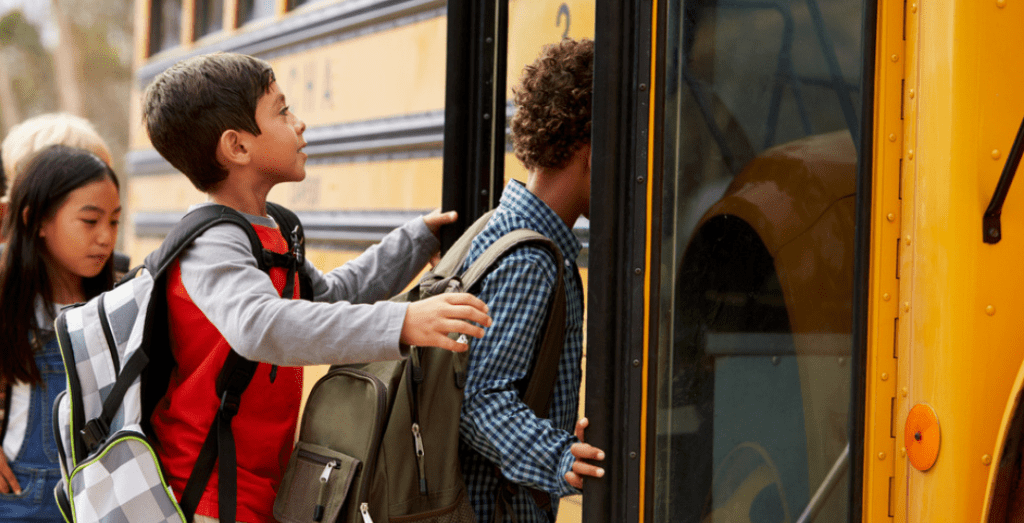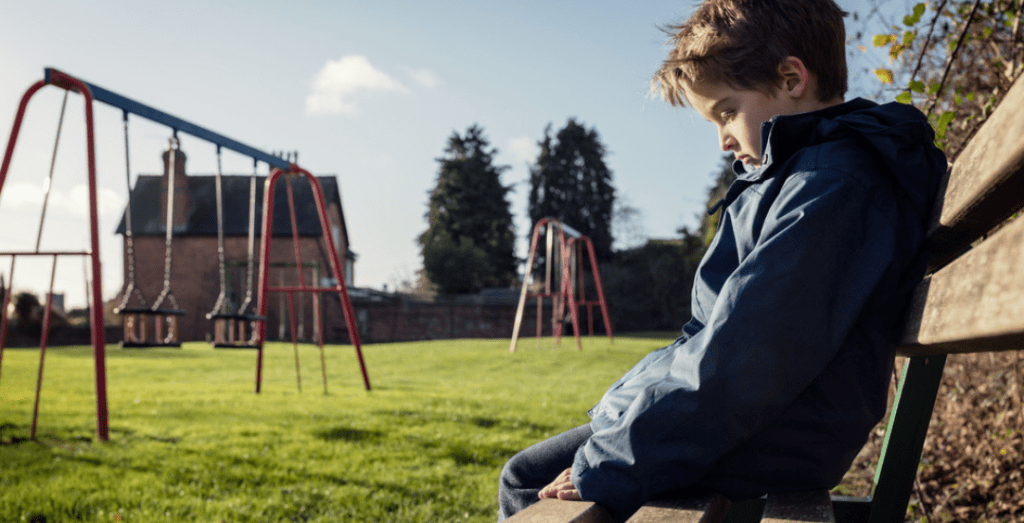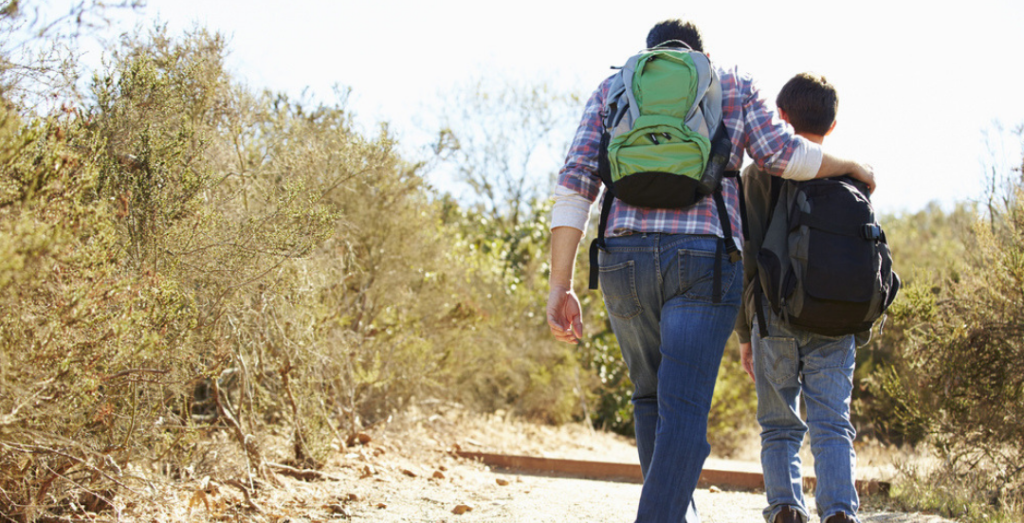According to recent statistics, 1 in 4 children reports that they’ve been bullied at school. Bullying affects all adolescents: those who are being bullied, those who bully others, and those who see it happening. And while school hallways can be a dangerous place for kids, parents have a huge role in preventing bullying or reducing its impact.
Dr. Daniel Broadbent at Ogden Clinic Farmington shares some warning signs parents can look for and how to proceed when bullying becomes an issue.
What signs could indicate my child has a bully?
Kids and teens are not always vocal about bullies. They might feel helpless about the situation or fear that talking about it will cause backlash from their bully. “Look for changes in behavior,” says Dr. Broadbent. “If your child is generally happy or excited about school and now they suddenly don’t want to go, that’s a giant red flag.” Dr. Broadbent adds that kids may use a health problem such as a stomach ache as an excuse to say home. Other changes in behavior include:
- Sudden loss of friends or avoiding social situations
- Changes in friends or groups of friends
- Changes in grades
- Difficulty sleeping or nightmares
- Decreased self-esteem
- Self-destructive behaviors such as running away from home or harming themselves
How can I ask my child or teen about bullying?

If you suspect your child might have a bully, here are a few ways to start the conversation.
- “I’ve heard a lot about bullying in the news. Is that going on at your school?”
- “I’m worried about you. Are there any kids at school who may be picking on you?”
- “Are there any kids at school who tease you in a meaningful way?”
A couple of other discreet questions you can ask are:
- “Do you have any special friends at school this year? Who are they?”
- “Who do you sit with at lunch and on the bus?”
- “Are there any kids at school who you really don’t like? Why don’t you like them? Do they ever exclude you or pick on you?”
My child has a bully. How do I help?
“If your notice signs of bullying or if your child talks about it, take this very seriously,” says Dr. Broadbent. “Don’t minimize the issue or ignore it—take it at face value.” The next step is to bring the issue to your child’s teacher or principal. “If your child’s teacher is aware of the bullying, they can keep an eye out to make sure the environment is safe.”
In some cases, parents might also consider setting their child up with a therapist or a counselor. “If your child has been bullied so hard or consistently that it’s leading to self-harm or depression, they should be directed to a counselor as soon as possible.”
How can we keep the line of communication open?

Research tells us that children really do look to parents and caregivers for advice and help on tough decisions. Spending a few minutes each day talking can reassure kids that they can talk to their parents if they have a problem. Daily conversations that can keep commutation open can start with:
- What was one good thing that happened today? Any bad things?
- How was lunch today? Who do you normally sit with? What do you guys like to talk about?
- What’s it like to ride the school bus?
- What do you like best about yourself?
I found out my child is picking on others. What do I do?

Sometimes parents are taken off-guard to hear from a teacher or principal that their child was picking on someone else. This is a serious situation that should be handled with both sternness and love. Here’s how to do it.
Immediately Following the News:
“Take the altercation very seriously. Don’t brush it off as ‘kids being kids’ or a one-off thing. By laying down some rules, we can sometimes nip the behavior in the bud,” says Dr. Broadbent.
- Ask your child what happened and listen to how they describe the situation.
- Be stern when you talk to your child about picking on others.
- Make sure your child knows that what they are doing is bullying, and it’s not okay.
- Lay down consequences for their behavior and stick to them.
To Prevent Another Incident:
“As I said earlier,” says Dr. Broadbent, “Bullying often comes from emptiness in their own life: whether that’s lack of attention, poor self-esteem, or depression creeping in.”
To help prevent these behaviors from resurfacing, Dr. Broadbent says talk to your children on a regular basis. “Provide constant love and respectful attention. Many children feel voiceless without that, which can turn to anger, resentment, or bullying.”
Dr. Broadbent adds, “I would also consider setting your son or daughter up with a school counselor for a short period of time. Talking with a counselor will help them understand their feelings and begin coping with them in a positive way.”
Do you have a message for kids and teens?

Bullying is not just between two people. It affects everyone who sees it happening. Kids and teens should know that bullying is serious and hurtful. They should also be prepared to take an active role to stop it.
“Seek an adult if you see bullying: A parent, teacher, or a neighbor. This is a safety thing first, so an adult needs to know what’s going on.” Dr. Broadbent adds, “You should also be prepared to stop bullying. If you see a peer being teased or picked on, put your arm around them and take them out of the situation.”
Adolescents have the power to help. “Don’t just be a bystander making the situation worse.”
Dr. Daniel Broadbent is a Family Medicine Physician at Ogden Clinic Farmington. He sees patients of all ages. To schedule a visit with Dr. Broadbent, call his office at 801-397-6080.




.4).2511050842400.png)
.jpg.2511241144379.webp)